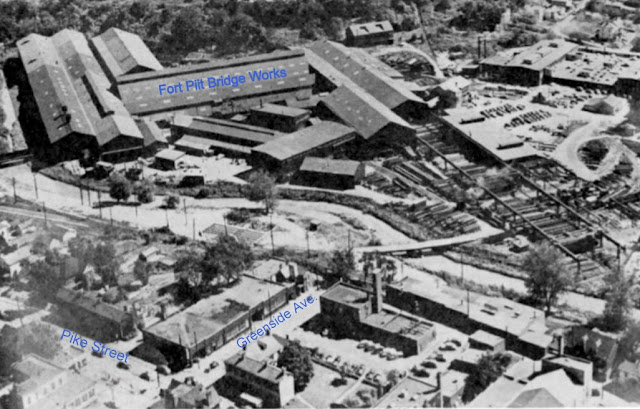Assorted historical stuff:(and amazingly similar to the headlines of today)
Editorial: “New economics” statements that consumers are now buying too little and saving too much have just enough truth to be “dangerous pabulum for the popular mind.” Consider the savings people have in banks and life insurance. “Is it conceivable that it can be for the general good ... that these savings should not be made and that the money should be spent in consumption? Will the country be better off as a whole if the mortgage on the home is allowed to remain and instead a second car placed in the garage? The question answers itself. ... Thrift and extravagance succeed each other as do the tides, and the wheel invariably comes full turn. ... A little patience is all that is necessary ...”
Spanish political situation clouded after 20,000 people rallied in Madrid's old bullring Sunday, condemning dictatorship and monarchy and calling for resignation of the king. Rally was orderly but “promises of revolution were frequently made” and Army was asked for aid in carrying out program. Currency plunged.
Cuban banking crisis reportedly averted by shipment of $25M to Havana over the weekend.
More than 50 countries now have airmail service.
British bank devises ingenious method to prevent check forgery - stamps bearing portrait of depositor to be pasted on signed checks.
Market commentary:
Market wrap: Following “a brave attempt to rally” led by US Steel and American Can, stocks gave way to another deluge of selling around mid-day. Pressure began in oils, including Standard of NJ; attributed to weakness in gasoline prices. Some stocks declined on dividend concerns including IT&T and Montgomery Ward; also weak were trading favorites including Vanadium and Radio. Weakness spread to the major industrials; utilities also broadly down including AT&T and Consolidated Gas; insurance weak. Selling picked up increasing momentum in the last hour, with bad breaks in active stocks throughout the list. Bond market generally weak, though US govt. and rails were strong, with Dow 40 corp. bond avg. up to new 1930 high of 97.68. Foreign govts. and convertibles down.
Conservative observers say it's useless to try for technical rallies in this market; advise waiting until stocks “can hold their advances for more than a few hours.” One visitor from Utah's opinion: “Utah people are not excessively optimistic … but they are convinced conditions will mend. Here in New York, you might get the impression that we were all headed for bankruptcy.”
US Steel policy of keeping as many workers as possible and distributing available work among them has been favorably commented on in many quarters; “the recommendation is made in the financial district that the adoption of such a policy by other large employers ... would do much to alleviate unemployment this winter.”
Broad Street Gossip: “On the basis of present prices, wise is the investor who buys and holds on.”
Baar, Cohen, & Co. contrast current stock market with debacle last fall. Back then, business had been declining since June but the market kept rallying; now business has hit bottom and should improve, but the market “ignores this condition just as it ignored the business decline ... A year ago the public was in the market up to its neck - in fact, in some cases, above its head. Today the public is afraid to own stocks. We know of no better indication that a turn for the better is near.”
Economic news and individual company reports:
Fed. Reserve member banks weekly report for Sept. 24: loans on securities up $57M to $8.461B, “all other” (commercial) loans down $24M to $8.453B.
Call money(interest) renewed at 1 1/2%, lowest rate since 1915; attributed to heavy margin selling, possibly also to weak commercial credit demand.
August net operating income for all class 1 rails estimated at $96.8M vs. $141.4M in 1929 and $128.4M in 1928.
US crude oil production in 1929 was 1.007B barrels, up 12% from 1928; motor fuel production was 439.4M barrels, up 15%.
Home planning conference created by Pres. Hoover to be composed of about 20 committees and involve about 1,000 people throughout the country. Chair is Commerce Sec. Lamont, who estimates that $50B will be spent on new residential construction in next 20 years, with $500M now spent annually on maintenance. Conditions now called favorable for homebuilders, including lower prices of raw materials, ample number of skilled workers, and first mortgages at reasonable rates.





